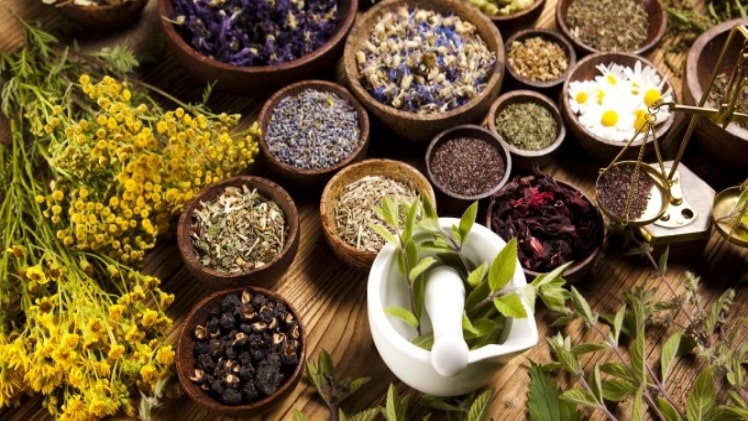There are many varieties of herbal medicines. Herbs may be taken as whole herb, teas, syrups, ointments, salves, capsules, or essential oils. They may also be extracted and taken as alcoholic or non-alcoholic extracts. Vinegars are considered acetic acid extracts. Hot water or long-boiling extracts are called tissues. Cold infusions are made from a plant’s leaf.
Availability
Herbal medicines are available in many forms. These include teas, which are made from dried herbs. Syrups are concentrated extracts that are often added to sweet-tasting preparations. Some herbs are used as massage oils. Herbal medicine can be consumed as a pill, or mixed with food. For people with gastrointestinal disorders, a liquid extract of a specific herb is usually prescribed by a medical herbal practitioner.
Traditional herbal medicines
Traditional herbal medicines are increasingly used in the western world for a range of ailments. For example, in China, over 70 percent of “Western” doctors use lamps drugs daily. Worldwide, 80 percent of the population still relies on traditional medicines. In the United States, more people are turning to herbal remedies as a prescription drug. In many cases, traditional herbs are highly effective. Some researchers have even incorporated them into their cancer treatments.
Quality of herbal medicines
While there are no regulations regarding the quality of herbal medicines, most products do have quality assurance standards. There are no standards for safety or potency and different manufacturers may not use the same dosages. Because of this, it is important to seek the advice of a qualified health practitioner before using herbal remedies. Before taking a remedy, be sure to consult your regular doctor. It is not safe to stop taking prescribed medications without the advice of a physician.
Benefits
Herbs are available in many forms, including teas and syrups. Some are consumed as teas, while others are brewed into syrups. Some are also used as a massage oil. Herbs can be consumed in capsule form. They can be mixed with other herbal products and are not recommended for pregnant women or nursing women. Moreover, consuming herbal acids in a balanced diet is beneficial for both the health and the environment.
Difference between food and medicine
The main difference between food and medicine is the amount of pharmacologically active ingredient. Herbs are available in a variety of forms, including teas and syrups. During pregnancy, herbs can be taken to reduce nausea and improve sleep. Other herbal medicines, like chamomile and echinacea, are not suitable for use in children and must be used with the advice of a doctor. However, some herbs may be safe when taken with conventional medicine.
Effectiveness
The use of herbal medicines in pregnancy is generally safe. While many herbs may be safe in small doses, they may be harmful if taken in large doses. It is recommended that women who take herbal medicines consult a physician before taking them. There is evidence to support the effectiveness of these remedies. It has been shown that a small amount of garlic can help prevent a woman become pregnant. While herbal medicine is not recommended for pregnant women, it can be beneficial for women and men.

